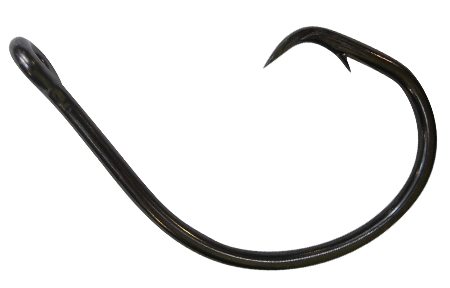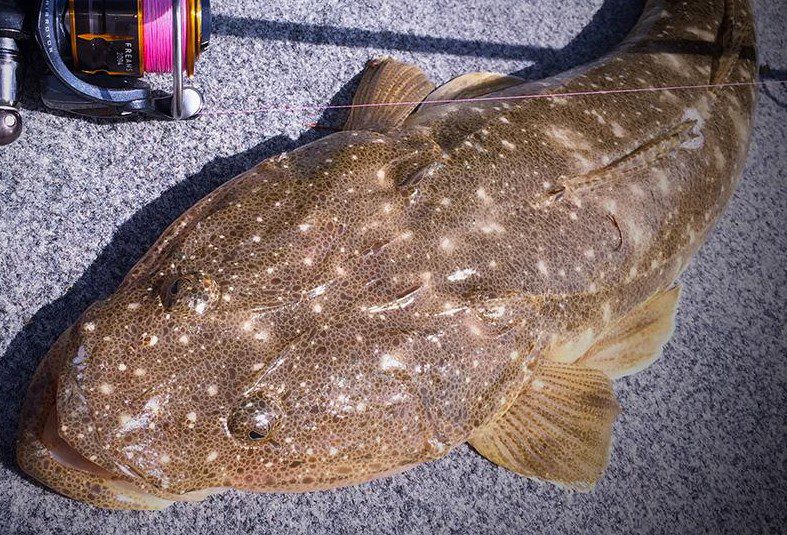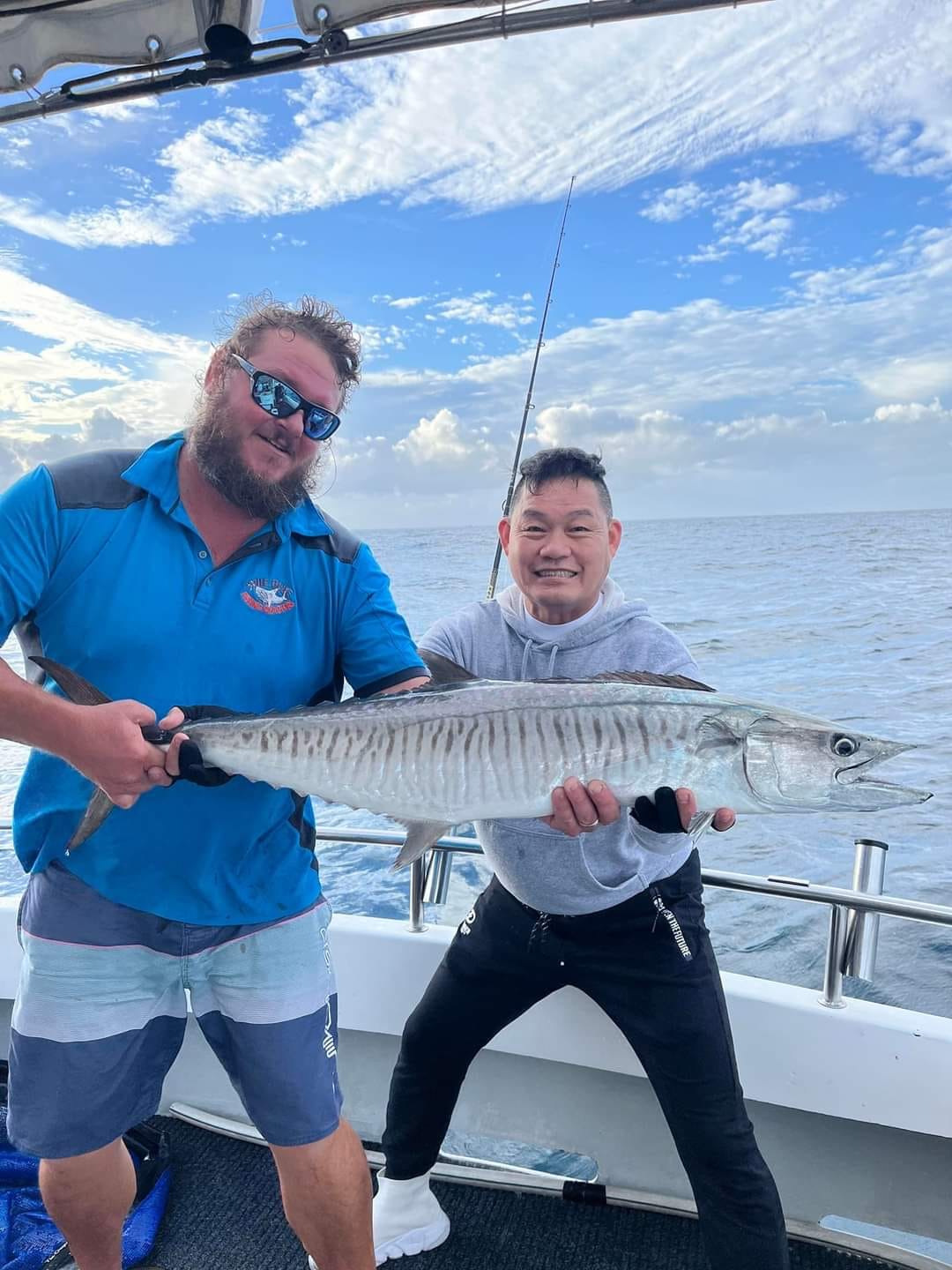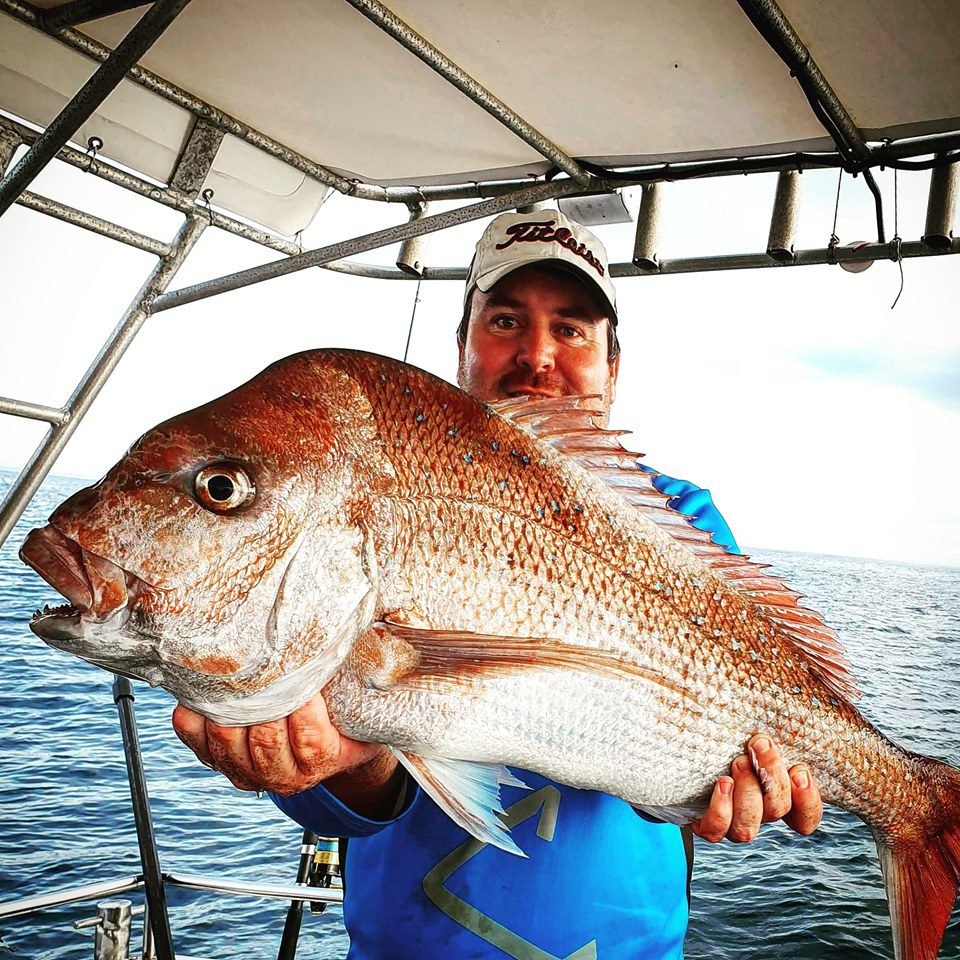Circle Hooks
Circle hooks really are a great addition to any anglers fishing safety. Because of its unique design and shape, it is safe for fish, and increases successful catch and release. It is also safer for fisherman because the pointy end of the hook is turned so far inwards towards the shank of the hook that it cleverly decreases the possibility of fishos hooking themselves or their fishing buddies. Although not completely idiot proof it is vastly safer than other hook patterns.
The circle fishing hook design has been around a long time. Commercial long liners have used them with great success for decades while fishing for Tuna as have drop liners targeting Blue eye cod and Harpooka. Similar designs were created from bone by Aboriginals, who probably weren’t as bothered with catch and release. However, the circle pattern only recently gained popularity with recreational anglers.
However the circle pattern fishing hook can’t replace all hooks. It is purely for bait fishing. The trick is to NOT strike the hook when you feel a nibble. Let the fish start run a little bit, then just raise the rod tip and start winding to tighten the line. As abnormal as this sounds, you have to let the circle hook do its job by pulling the bait away from the throat and slowly pivot into the side of the fish’s mouth. When hooked, the fish will not be able to shake this type of hook off like standard fishing hooks and the location the fish is pinned is almost always well away from throat and gills and usually right in the corner of the mouth.
Next time you are bait fishing, first make sure your tackle is up to scratch, then try experimenting with a circle hook. Most people will still struggle to keep their hook setting reflex in check. But with practice and patience, you too will be impressed when you see this weird shaped piece of fishing safety gear in action. Circles are particularly good when deep water reef fishing and bites are hard to feel. We have found them to be very successful on bottom dwelling species like Snapper and Trag, But they also work well with pelagic species like Mackerel and Tuna.







